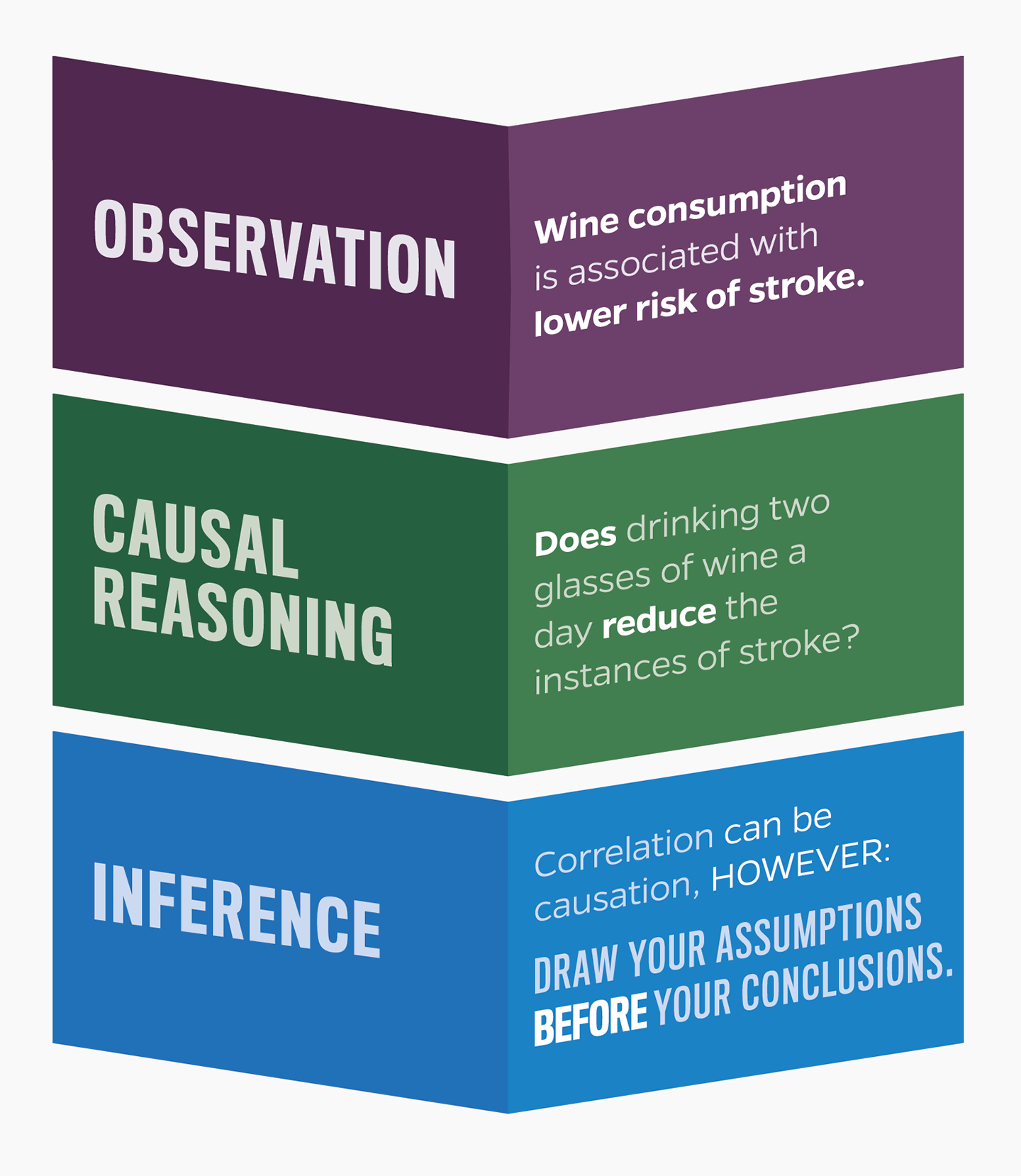Anisha has done MBA in Marketing from NMIMS And Executive Management(PMNO) from Harvard Business School. She has been instrumental in growing CATKing Digital with her experience with Marico and Henkel in the past.
Strategic Planning: An Integral Component of MBA Education
A career in strategic planning involves helping a corporation design a path to growth and profitability amidst competition and constant change. The strategic planner's role consists of helping the organization to gather, analyze and organize information. They track industry and competitive trends, develop forecasting models and scenario analysis, examine strategic performance, spot emerging market opportunities, identify business threats, look for novel strategic solutions, and develop creative action plans. Strategic planning involves understanding what the organization’s current strategy is, what has been tried in the past and also what it will be in the future (“Strategic Intent”).
BENEFITS OF STRATEGIC PLANNING
1. Create One, Forward-Focused Vision
Strategy touches every employee and serves as an actionable way to reach your company’s goals.
One significant benefit of strategic planning is that it creates a single, forward-focused vision that can align your company and its shareholders. By making everyone aware of your company’s goals, how and why those goals were chosen, and what they can do to help reach them, you can create an increased sense of responsibility throughout your organization.
This can also have trickle-down effects. For instance, if a manager isn’t clear on your organization’s strategy or the reasoning used to craft it, they could make decisions on a team level that counteract its efforts. With one vision to unite around, everyone at your organization can act with a broader strategy in mind.

2. Draw Attention to Biases and Flaws in Reasoning
The decisions you make come with inherent bias. Taking part in the strategic planning process forces you to examine and explain why you’re making each decision and back it up with data, projections, or case studies, thus combatting your cognitive biases.
- The recency effect: The tendency to select the option presented most recently because it’s fresh in your mind
- Occam’s razor bias: The tendency to assume the most obvious decision to be the best decision
- Inertia bias: The tendency to select options that allow you to think, feel, and act in familiar ways
One cognitive bias that may be more difficult to catch in the act is confirmation bais . When seeking to validate a particular viewpoint, it's the tendency to only pay attention to information that supports that viewpoint.
If you’re crafting a strategic plan for your organization and know which strategy you prefer,enlist other with differing views and opinions to help look for information that either proves or disproves the idea.

3. Track Progress Based on Strategic Goals
Having a strategic plan in place can enable you to track progress toward goals. When each department and team understands your company’s larger strategy, their progress can directly impact its success, creating a top-down approach to tracking key performation indicators.By planning your company’s strategy and defining its goals, KPIs can be determined at the organizational level. These goals can then be extended to business units, departments, teams, and individuals. This ensures that every level of your organization is aligned and can positively impact your business’s KPIs and performance.

By planning your company’s strategy and defining its goals, KPIs can be determined at the organizational level. These goals can then be extended to business units, departments, teams, and individuals. This ensures that every level of your organization is aligned and can positively impact your business’s KPIs and performance.In the dynamic landscape of business, where uncertainties and complexities prevail, the essence of strategic planning stands tall as a guiding beacon for success. Among the myriad disciplines encapsulated within the realm of business education, strategic planning emerges as a cornerstone, shaping the decision-making prowess of aspiring professionals pursuing an MBA.
Strategic planning, at its core, is the process of setting goals, determining actions to achieve those goals, and mobilizing resources effectively. It encompasses forecasting future trends, analyzing competitive landscapes, evaluating internal capabilities, and charting a course of action to attain sustainable competitive advantage. In the MBA curriculum, strategic planning serves as a pivotal bridge between theoretical frameworks and real-world applications, offering students a holistic understanding of organizational dynamics and market forces.
One of the paramount benefits of integrating strategic planning into MBA programs lies in its capacity to foster critical thinking and analytical acumen among students. By engaging in case studies, simulations, and strategic exercises, students are challenged to assess complex business scenarios, formulate strategic alternatives, and make informed decisions under uncertainty. This experiential learning approach not only hones their problem-solving skills but also cultivates strategic foresight—an indispensable attribute for effective leadership in today's turbulent business environment.
Moreover, strategic planning instills a sense of accountability and responsibility in MBA graduates by emphasizing the alignment of organizational objectives with stakeholder expectations. Through courses on corporate governance, ethics, and corporate social responsibility, students learn to integrate ethical considerations into strategic decision-making processes, thereby upholding integrity and sustainability in business practices. By nurturing a values-driven approach to leadership, MBA programs imbue students with the ethical compass necessary to navigate ethical dilemmas and uphold the highest standards of integrity in their professional endeavors.
Furthermore, strategic planning equips MBA students with the toolkit necessary to navigate disruptive forces and capitalize on emerging opportunities in an increasingly globalized marketplace. With modules focusing on environmental scanning, scenario planning, and risk management, students develop the resilience and adaptability required to thrive amidst uncertainty. By embracing a proactive stance towards change, MBA graduates emerge as catalysts for innovation, driving organizational growth and resilience in the face of evolving market dynamics.
In addition to its academic significance, strategic planning also serves as a gateway to career advancement and professional success for MBA graduates. Employers across industries value candidates who possess strategic acumen and the ability to envision the bigger picture while navigating the intricacies of day-to-day operations. Whether aspiring to roles in consulting, corporate strategy, entrepreneurship, or executive leadership, proficiency in strategic planning enhances students' marketability and empowers them to lead with confidence in an ever-evolving business landscape.
conclusion : strategic planning stands as an indispensable pillar of MBA education, empowering students with the cognitive tools, ethical principles, and strategic foresight needed to navigate the complexities of modern business environments. By integrating strategic planning into the curriculum, MBA programs not only equip students with the skills to excel as future business leaders but also instill a sense of purpose and responsibility in shaping a sustainable and ethical business landscape for generations to come.


Comments are disabled for now